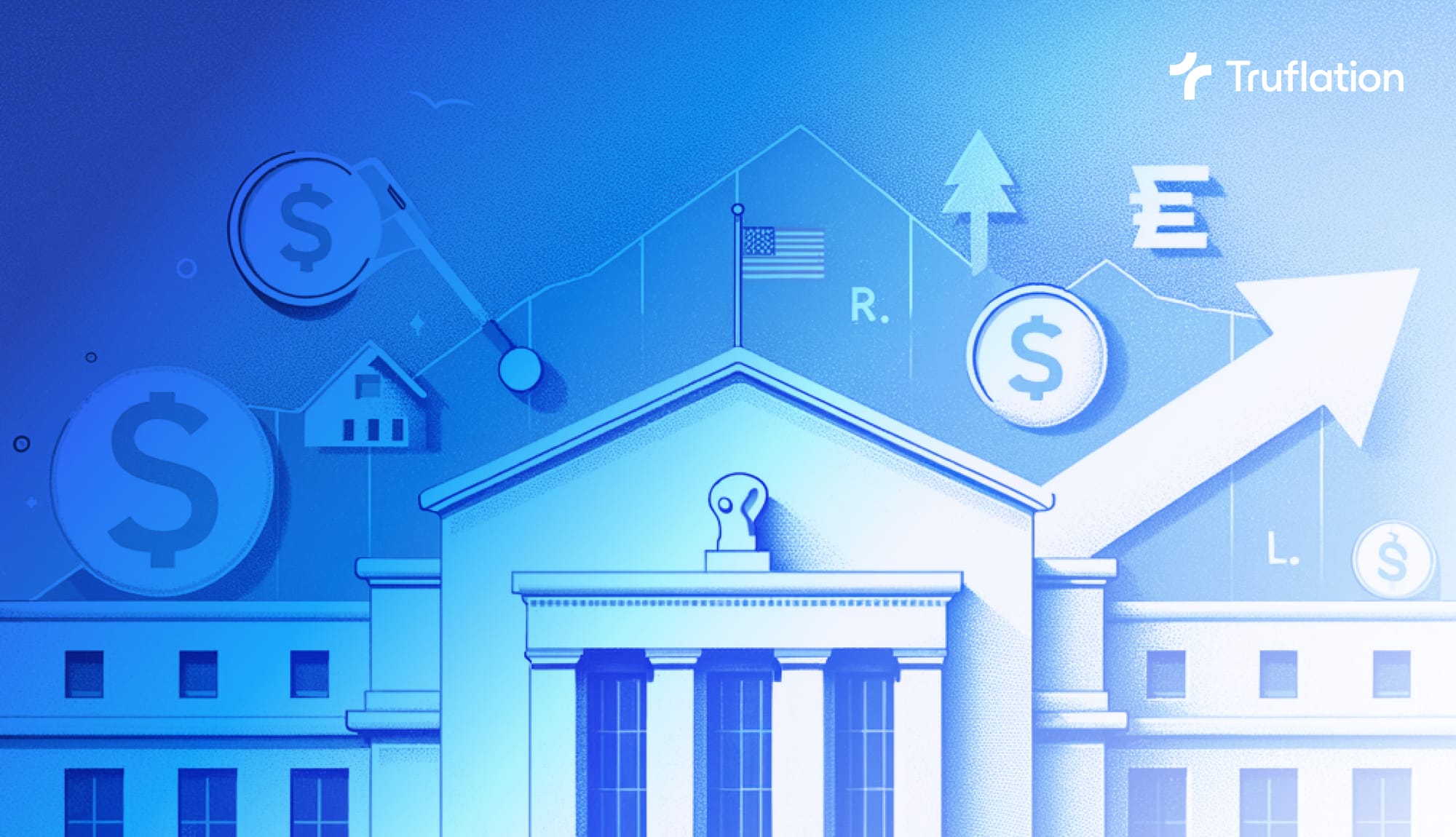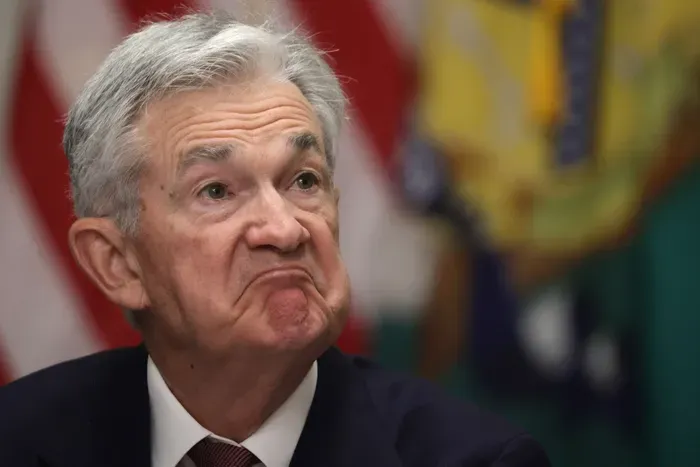CPI Sub 2%, The Fed's Conundrum: Lower, Raise, or Hold Interest Rates

As of this writing, Truflation.com US CPI has been below the Fed's vaunted 2% target since 20 January 2024.
Its FOMC two-day Washington, DC soirée culminates in a Wednesday, 31 January 2024 afternoon Chair Powell presser to give rationale as to why it did or didn't do a thing – namely lower, raise, or hold interest rates.
As always, Truflation.com will host its regular corresponding Spaces discussion and analysis live, the same day (9:30 am EST) as our expert panel weighs-in on CPI craziness, data integrity, and just what the Fed is up to (set your reminder here). Join to listen, add your comments, and ask questions.
Pivotal Role
The Federal Reserve as the central banking system of the United States, plays a pivotal role in steering the country's economic course. One of the critical tools at its disposal is the ability to adjust interest rates.
In the face of falling inflation, a debate ensues on whether the Fed should raise interest rates.

Arguments for Raising Interest Rates
Preventing Asset Bubbles: Proponents argue that raising interest rates can be a preemptive measure to curb the formation of asset bubbles. Historically, low-interest rates have been associated with increased borrowing, potentially leading to speculative investments and asset price inflation1.
Maintaining Credibility: Advocates for rate hikes contend that it helps the Fed maintain its credibility. By acting against potential threats like rising inflation, the Fed signals its commitment to its dual mandate of price stability and full employment.
Stay ahead of the curve with Truflation.com's updated daily CPI Dashboard
Normalization of Monetary Policy: Supporters argue that keeping interest rates too low for an extended period may distort the normal functioning of the financial system. Raising rates can be seen as a step towards normalizing monetary policy after a prolonged period of accommodation.
Arguments Against Raising Interest Rates
Lack of Inflationary Pressures: Critics argue that raising interest rates in the absence of significant inflationary pressures may hinder economic growth. With inflation below the Fed's target, tightening monetary policy might be premature and counterproductive.
Potential Economic Slowdown: Opponents assert that higher interest rates could lead to a slowdown in consumer spending and business investments. This could negatively impact economic growth and employment, exacerbating the challenges faced by the economy.
Global Economic Uncertainty: Some argue that the global economic landscape must be considered. With uncertainties in international markets, raising interest rates in the U.S. could have spillover effects on other economies, potentially exacerbating global economic challenges6.
The debate over whether the Fed should raise interest rates in the face of falling inflation is multifaceted. Proponents emphasize the need for preventive measures, credibility maintenance, and normalization of monetary policy. On the other hand, opponents stress the importance of considering current economic conditions, potential negative impacts on growth, and the interconnectedness of the global economy.
As the Federal Reserve grapples with this decision, it must carefully weigh these arguments and consider the broader economic context. Striking the right balance is crucial to ensure stability, growth, and the fulfillment of its dual mandate in an ever-evolving economic landscape.
Sources
B. S. Bernanke, "Monetary Policy and the Global Economy" (Brookings Institution, 2007).
J. Bullard, "Seven Faces of 'The Peril'" (Federal Reserve Bank of St. Louis Review, 2010).
P. Krugman, "Japan's Trap" (Brookings Papers on Economic Activity, 1998).
R. Rajan, "Has Financial Development Made the World Riskier?" (National Bureau of Economic Research, 2005).
L. Summers, "The Age of Secular Stagnation" (Foreign Affairs, 2014).
M. Obstfeld, "International Economics: Theory and Policy" (Pearson, 2017).
Want to be part of the data revolution? Join our Telegram to always be in the loop!

